LOAI’s overarching aim is the comprehensive study of terrestrial, aquatic and atmospheric systems, as well as their interactions, using a holistic and multidisciplinary approach. LOAI further promotes the interaction with other research areas, providing know-how and cooperating in multidisciplinary research, and supports policy makers and stakeholders, with new data, models and tools towards a better management and decision making.
The team has a vast expertise in hydrology, oceanography, coastal and ocean dynamics, climate and atmosphere dynamics, and experience in advanced monitoring methodologies, remote sensing and GIS, as well as statistical and numerical modelling.
There are four core topics, each coordinated by a team member:
Atmosphere and climate dynamics (coordinated by Irina Gorodetskaya) – focuses on the atmospheric dynamics, water cycle and impacts on precipitation and surface energy balance, spanning from meteorological phenomena to climate change; a particular focus is on the drivers and impacts of extreme weather events, such as the atmospheric rivers; methodologies span in situ and remote sensing measurements, statistical analysis and regional climate modeling; the regions of focus are the Polar regions – Antarctica and Arctic – and Europe.
Coastal and ocean dynamics (coordinated by Clara Lázaro) – focuses on large- to small-scale oceanic, coastal and estuarine processes. Methods applied are the implementation and application of numerical hydrodynamic and biogeochemical models and the improvement and exploration of remote sensing data (satellite altimetry and multispectral imagery) to: characterise the deep sea, open-ocean, coastal and estuarine circulation; represent their interaction with the atmosphere, species and ecosystems; understand the variability and trends of the systems, and forecast the effects of anthropogenic intervention, extreme events and climate change, simultaneously assessing their risks and impacts.
Coastal monitoring and management (coordinated by José A. Gonçalves) – focuses on the observation and management of coastal systems, assessing: coastal and estuarine water conditions, including underwater noise; land and river/estuarine/ocean bottom morphodynamics; coastal erosion risk and management; land cover, habitat and species distribution. Methods used are mainly UAS remote sensing, with optical multispectral and thermal sensors.
Water resources systems (coordinated by Rodrigo Maia) – focusses on the study of water resources and their management; sediment transport and river hydraulics; hydrological and fluvial processes and their effects on communities and the environment; solutions to mitigate negative impacts and to restore river and estuarine water systems. Methods applied include hydrological and hydraulic modelling; study of extreme events (floods and droughts) and water scarcity; development and application of decision support tools for water resources management; evaluation of water policy and governance; new analytical and experimental technologies for sediment transport studies; and computational modelling of rivers and aquifers behaviour.
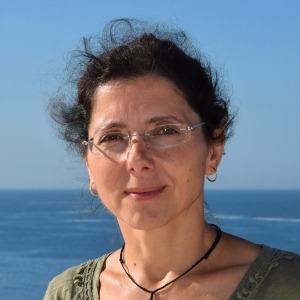

Ana Bio is a biologist, graduated at the University of Aveiro, who obtained her PhD at Utrecht University, the Netherlands, with a thesis on statistical species-environment modelling. Since then, her research interests evolved in the fields of species-environment relationships; estuarine and coastal ecosystems and erosion risk assessment; and underwater bioacoustics. Main activities include: coastal and ocean monitoring; empirical data analysis and statistical modelling; morphodynamics and risk assessment; remote sensing data analysis; and Geographical Information Systems (GIS).
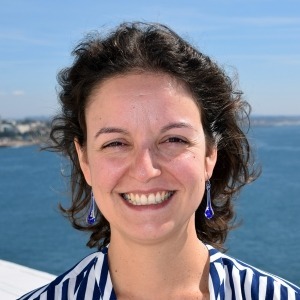

Isabel Iglesias is an Assistant Researcher and Co-PI of the LOAI research team of the CIIMAR. Isabel’s main scientific areas are physical oceanography, atmosphere-ocean interaction, marine litter, nature-based solutions, anthropogenic interventions impacts, deep-sea mining, extreme events, climatology and climate change. She works with numerical models applied to oceanic, coastal and estuarine regions to understand present and future hydrodynamic conditions, providing knowledge, technology and solutions for a sustainable management of natural resources and ecosystem services. She also has experience in planning, performing and analysing data from short- and long-term campaigns, and in the evaluation of remote sensing data.
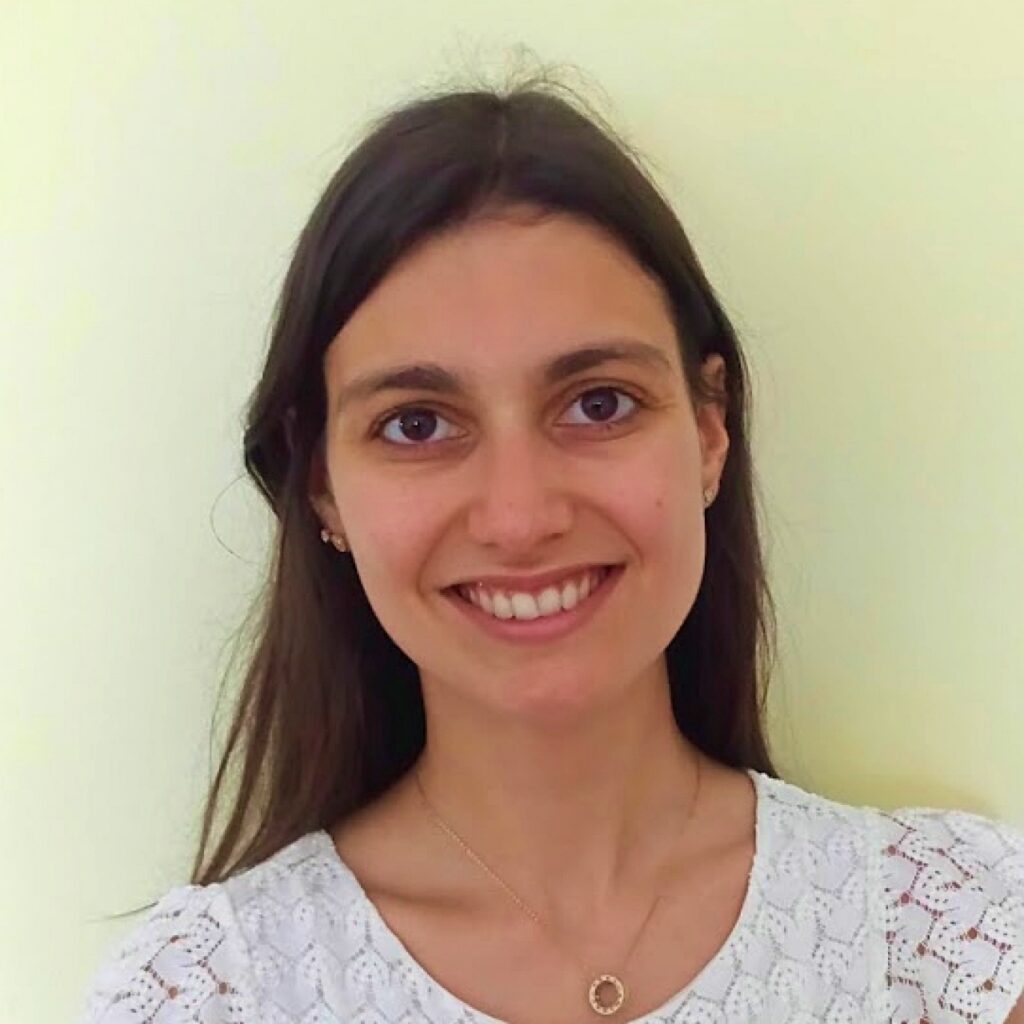

I obtained the master degree in Surveying Engineering at the Faculty of Sciences of the University of Porto. At the moment, I am enrolled in a Doctorate Degree in the same institution. My project title is “Mixing and transport of material at small ocean scales: a lagrangian approach”. My main interests are high frequency ocean phenomena, as internal waves that occur in the ocean and can have a strong impact in the Earth´s climate (due to vertical mixing). For that, I am using Satellite Remote Sensing tools as Radar Altimetry, Sea Surface Temperature, Ocean Colour, SAR imaging, and recently numerical models.
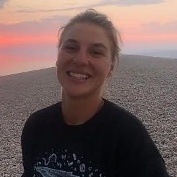

Currently, working as a research fellow on the MAPS project. Graduated in Coastal Oceanography from the University of Plymouth (UK), followed by an MSc in Marine and Atmospheric Sciences from the University of Aveiro. Areas of interest include biophysical oceanography, atmosphere-ocean interactions, climate change and marine litter dispersal.
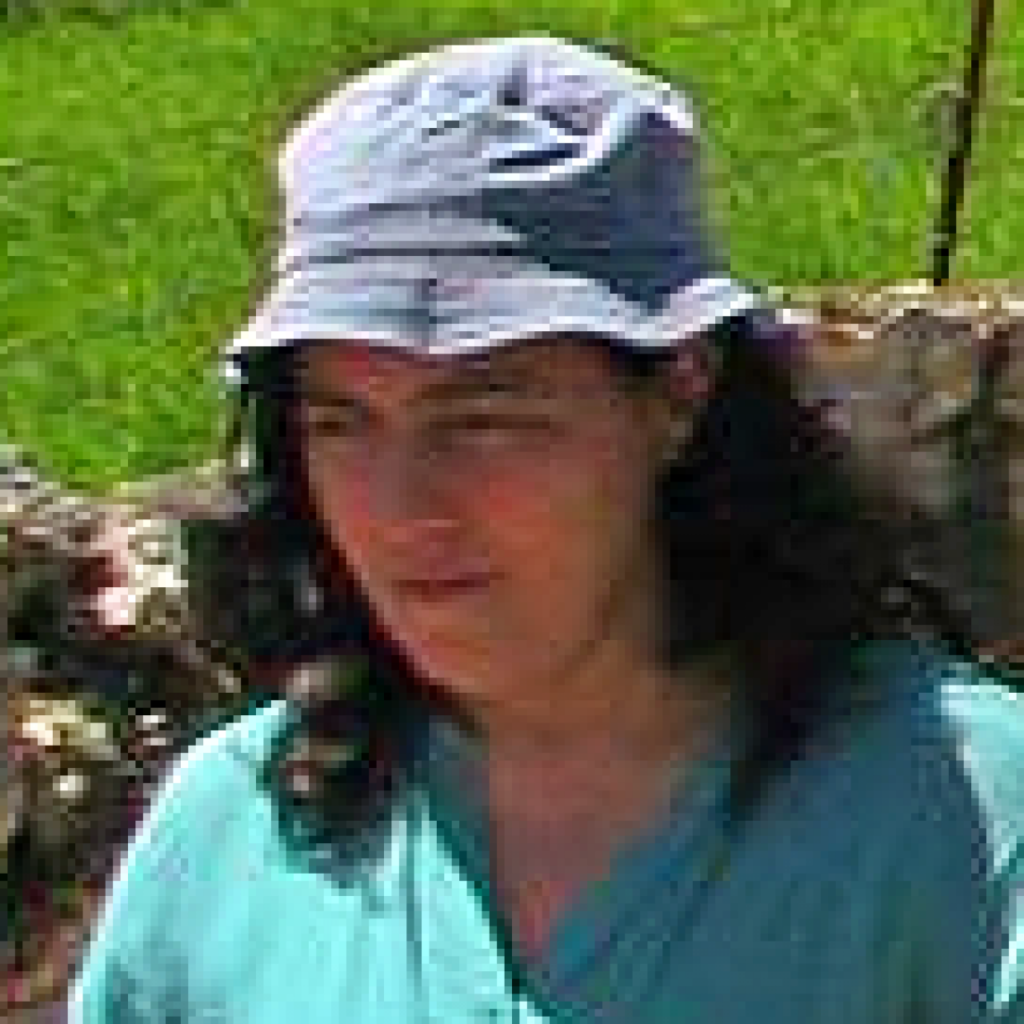

Ana Luísa Costa graduate of teaching Biology and Geology in 1998, of Minho University, master in Environmental Sciences in 2005, from Sciences School of Minho University and post-graduated in Environmental Management in 2008, from Engineering School of Minho University. Currently collaborate in the Coastal Monitoring and Management group at CIIMAR, in sedimentology area.
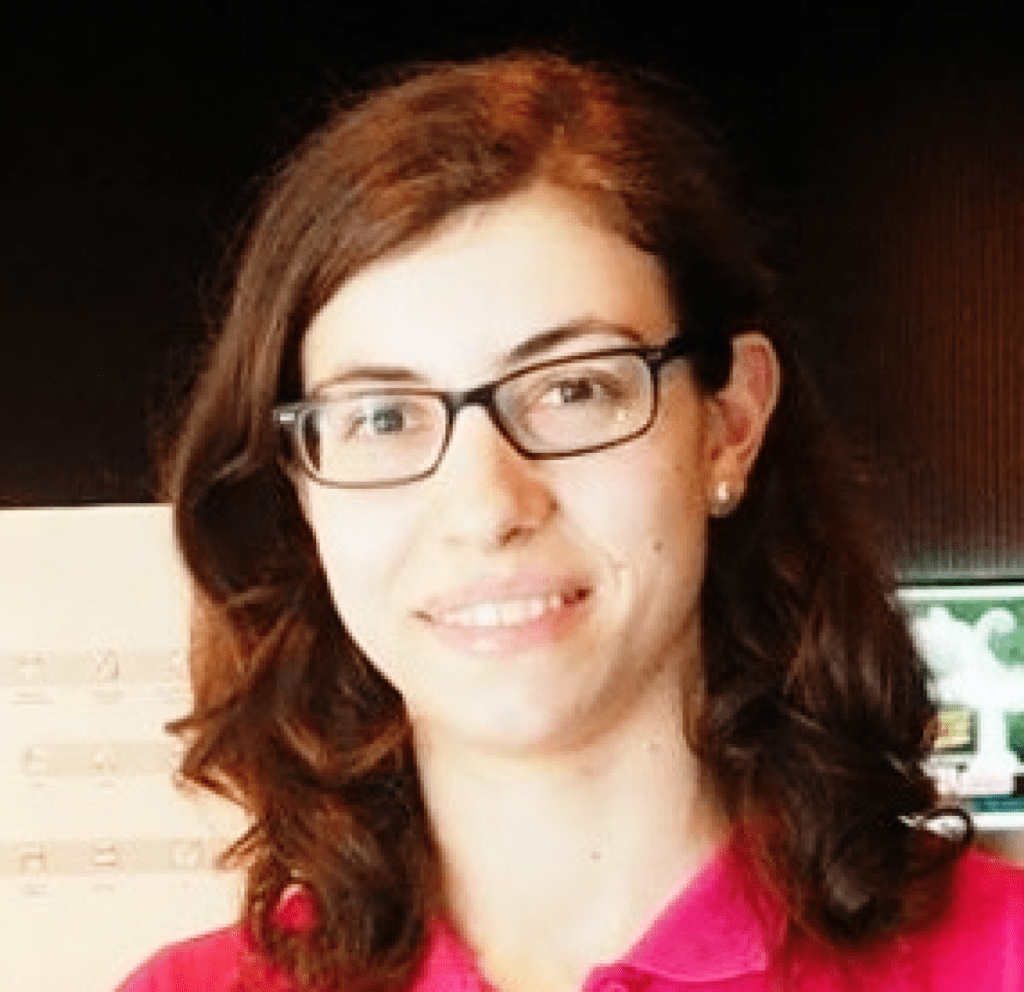

Ph.D. Ana Margarida Bento is a post-doctorate researcher at POSEIDON project, at the Interdisciplinary Centre of Marine and Environmental Research (CIIMAR) and the Faculty of Engineering of the University of Porto (FEUP). She is currently the co-coordinator of the R&D unit Offshore Structures & Foundations of Marine Energy group at CIIMAR. She developed her Ph.D. thesis in a partnership between the National Laboratory of Civil Engineering (LNEC) and FEUP, under the FCT PhD Program InfraRisk – Infrastructure Risk Analysis and Mitigation. The work carried out consisted of the development of a pragmatic methodology for the assessment and rating of risk associated with bridge foundation scour, using a semi-quantitative priority factor. The scour risk assessment was based on an interdisciplinary approach that combined experimental and numerical analysis to achieve a more advanced and comprehensive understanding of the scouring phenomenon in the vicinity of bridge foundations, under clear water and live bed flow conditions. She completed her MSc in Civil Engineering (Hydraulics and Water Resources) in 2013 at Instituto Superior Técnico (IST). The master's thesis focused on the characterization of dam breaching following overtopping and the work was developed at LNEC. She did an international internship at Faculdades Integradas de Aracruz (FAACZ, Brazil), from IAESTE (International Association for the Exchange of Students for Technical Experience), about the construction of irrigation dams in the Municipality of Aracruz. In 2014, she integrated the Hydraulics, Water Resources and Environment Division of FEUP as a master researcher in the project NUMPIERS – Numerical and experimental study of the flow around complex bridge piers. In July 2021, she joined the research project InfraCrit – Development of predictive system for critical infrastructure management, as a postdoctoral researcher at ISISE (UMinho). Her role consisted of management and risk prediction of critical infrastructures subject to flood events, on a GIS integrated platform. In May 2022, she joined the national project GIIP – Intelligent Management of Port Infrastructures as the technical and financial coordinator within UMinho. During her professional work, she collaborated with national companies such as IP and EDP, and several universities such as IST (Portugal), FAACZ (Brazil), FEUP (Portugal), Politecnico di Torino (Italy), University of Minho (Portugal), and Universidade Agostinho Neto (Angola). She is a member of FOAM@PT, Order of Engineers, International Association for Hydro-Environment Engineering and Research (IAHR), Portuguese Association for Classification and Data Analysis (CLAD), Portuguese Water Resources Association (APRH), Specialized Committee on River Hydraulics (CEHF), Specialized Committee on Water and Energy (CEAE), Hydraulics (CEHF), and International Association for Bridge and Structural Engineering (IABSE). Within IABSE, she is currently contributing to the task groups TG5.2 and TG6.1. From 2018 to 2020, she joined the leadership team of Young Professionals Network of the Portuguese IAHR. She co-supervised a master's student of Instituto Superior de Engenharia de Lisboa (ISEL), from 2019-2020. She joined the scientific committee of four peer-reviewed journals (as a reviewer) and of two conferences, and has taught an academic session to a class of Civil Engineering master's students of ISEL. Recently, she was involved in the jury committee of 2 thesis defences, a Master's and a Doctorate's. She aided the preparation of proposals for FCT R&D Projects (as a team member in 2020 and as a co-PI in 2022). She is also involved in international scientific proposals, 2 as a team member and 1 as a leader. Ph.D. Ana Margarida Bento is also the author and co-author of several peer-reviewed journal and conference scientific articles (h-index of 3, 9 publications and 42 citations in the Scopus at 02/2023).
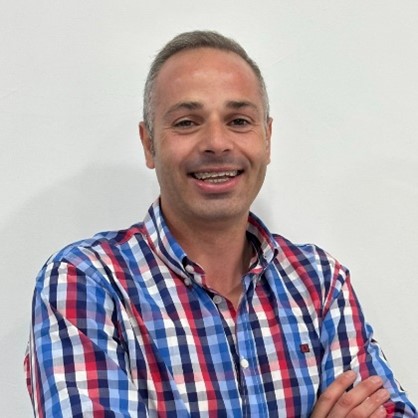

António Pinto holds a PhD in Civil Engineering, by the Faculty of Engineering of the University of Porto (FEUP). He’s part of E.RIO’s multidisciplinary team, a company dedicated to river rehabilitation, and its mission is to implement bank stabilisation solutions using natural engineering techniques, from the design phase to its execution in the field. In parallel, he also works in engineering specialities design in buildings and infrastructures, having a history of more than 300 projects developed in different areas.
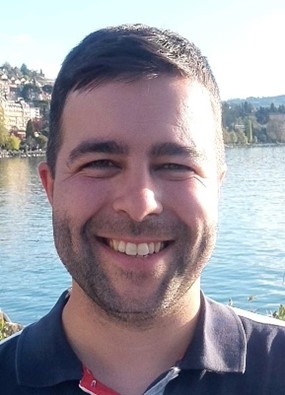

Bruno Oliveira is a PhD, former researcher at the Faculty of Engineering of the University of Porto (FEUP) and researcher at CIIMAR. His PhD thesis is in the subject of stochastic modelling of fluvial morphodynamics. As a design engineer, he has experience in the areas of water supply and drainage systems, river rehabilitation, flood modelling & control, coastal protection structures and project management in general. Throughout his academic career, he has worked on multiple projects pertaining to climate change and its impacts on water resources’ availability and water management (from both a perspective of resource conservancy and of flood management).


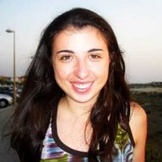

Diana Fernandes holds a PhD in Urban Ecology and Landscape Architecture, by the Faculty of Science of the University of Porto (FCUP). She’s part of E.RIO’s multidisciplinary team, a company focused on river rehabilitation, and her mission is to improve river ecosystems, by promoting natural water retention measures within landscape architecture practice, from project scale to landscape and regional planning. She also worked on green infrastructure and spatial planning, at FCUP, and has a post-graduation on Spatial Planning, Urbanism and Environmental Law, by the Center for Studies in Planning, Urban Planning and Environmental Law (CEDOUA) of the University of Coimbra.
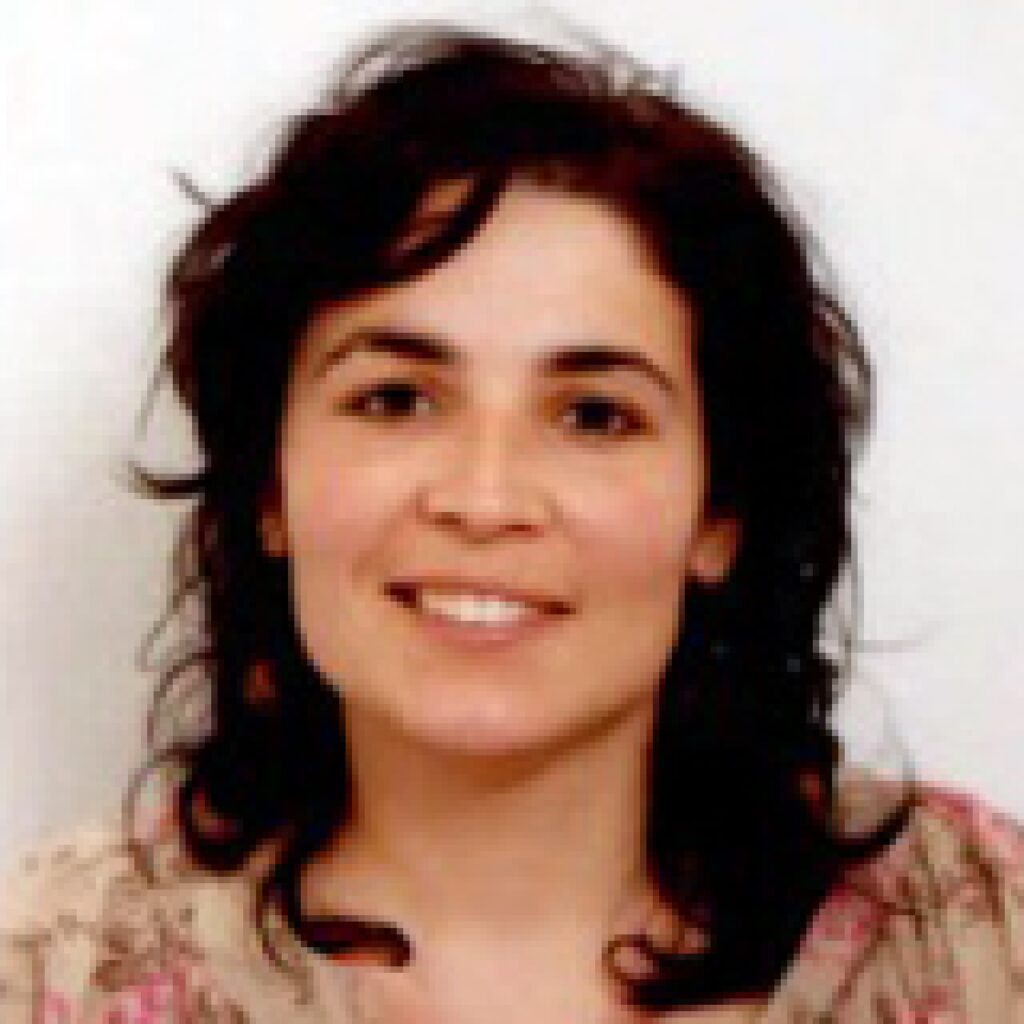

Elsa Carvalho is an Assistant Professor at Faculty of Engineering of Porto University and member of the Experimental Methods and Instrumentation committee of the International Association for Hydro-Environment Engineering and Research (IAHR). She completed her PhD in 2013 and since then has been dedicated to the study of sediment transport and the hydraulic structures. She is the principal investigator of a FCT project.
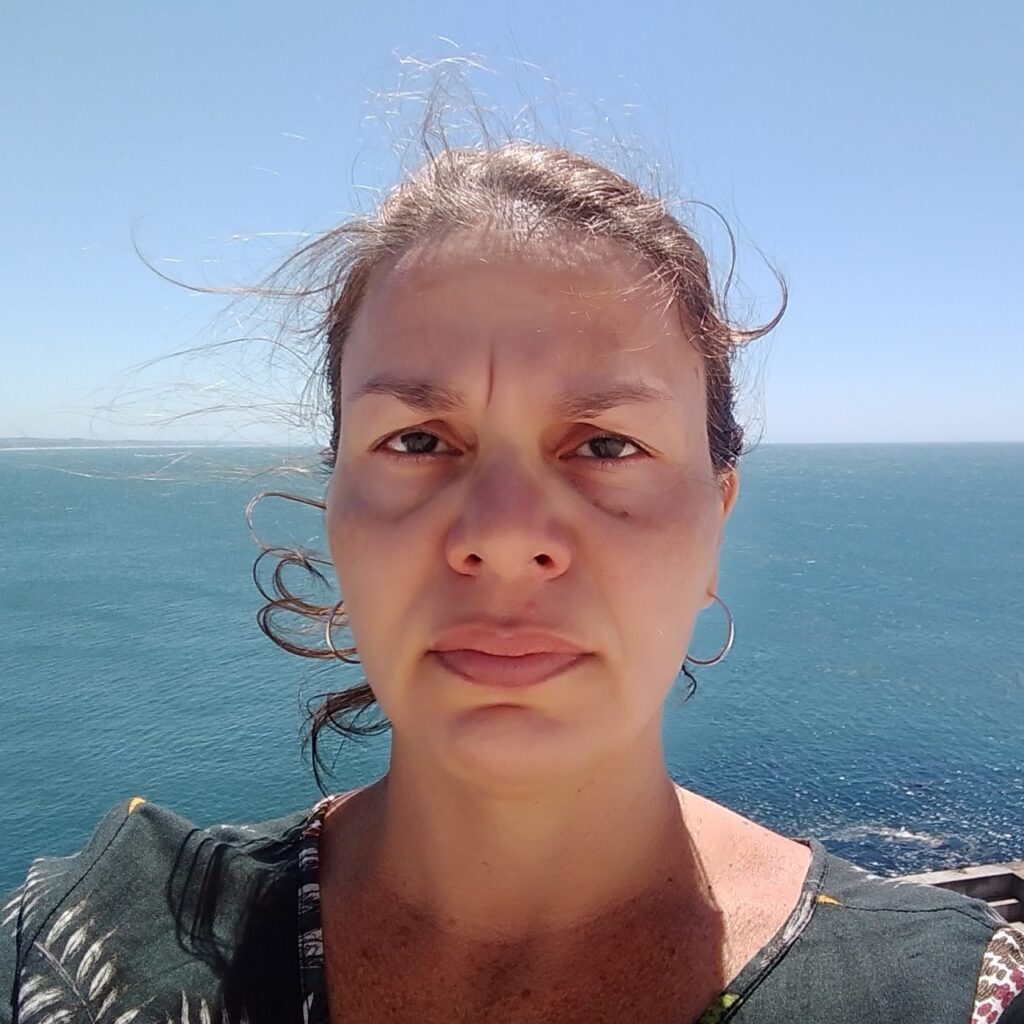

Fabiola Amorim holds a DSc degree in physical oceanography (2011) by the Oceanographic Institute of São Paulo University and a MSc degree in Coastal and Sedimentary Geology (2005). She has worked as a postdoctoral researcher at the Brazilian Oceanographic Modeling and Observation Network – REMO (2013-2015) and at the Centre for Environmental and Marine Studies at the University of Aveiro – CESAM (2011-2012). Since 2002 she have been working with observation and analysis of meteo-oceanographic data and from 2008 with ocean and Lagrangian numerical modelling. Her research areas of interest include the study of circulation processes in coastal and oceanic regions, both based on oceanographic data analysis and through numerical modeling of circulation, and Lagrangian modelling of passive (e.g. larvae, non-cohesive sediments) and non-passive (e.g. cohesive sediments, oil, chemical, bio-physical interations) particles.
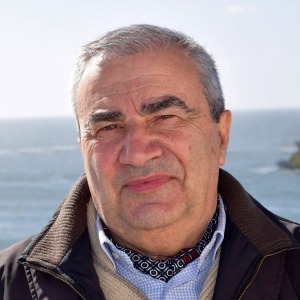

Fernando Veloso-Gomes is a Full Professor at the Faculty of Engineering of the University of Porto (FEUP), President of the Water Resources Institute (IHRH) and Director of the PhD Program of Environmental Engineering (PDEA / FEUP). He received his degree in Civil Engineering in 1973 (FEUP), his MSc in 1974 – Naval Architecture / Ocean Engineering (University College London), his PhD in 1981 (FEUP / LNEC) and his Aggregation in 1996 (FEUP) – Coastal Engineering / Coastal Management (FEUP). His research interests focus on integrated coastal zone management, coastal structures, harbor planning, coastal and harbor modelling. He has supervised 19 PhD thesis and about 80 MSc thesis.
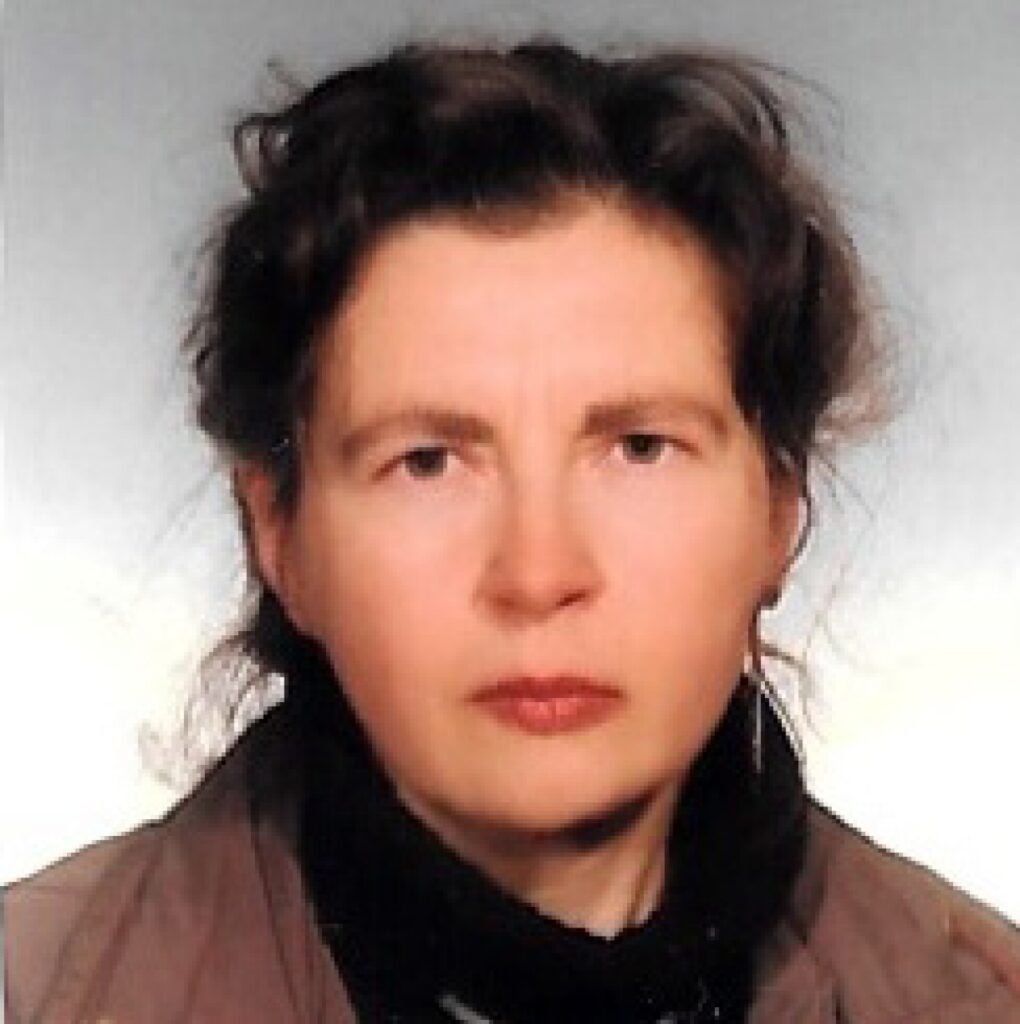

Oceanology is from the University of Bordeaux I (1984), and the phD in Sedimentology and Geomorphology is from the University of Minho (1991) . She received her habilitation in Geology in 2004 (University of Minho). Her main research interests are concerned with coastal environments – past (Pleistocene-Holocene) and present morpho-sedimentary dynamics.
From 1977 to 1984 she worked at the Secretary of State for the Environment (Lisbon).
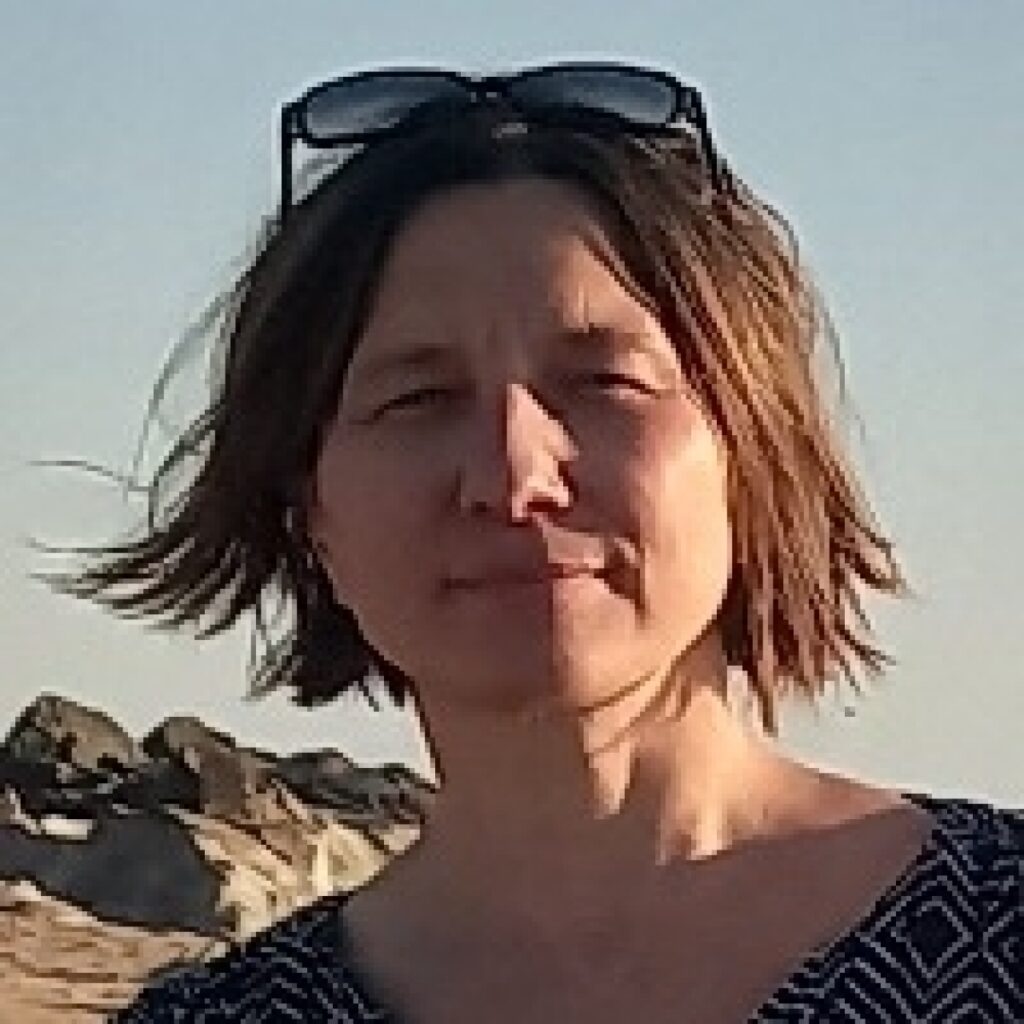

PhD in Atmospheric and Climate Sciences from Columbia University’s Lamont-Doherty Earth Obseratory (USA). Postdoctoral researcher at IGE, France, and KU Leuven, Belgium (2008-2015). During 2016-2022, assistant researcher at CESAM/University Aveiro, Portugal. Since 2022, senior researcher at CIIMAR (Porto). Her work focuses on Polar meteorology and climate, water cycle, extreme weather events, atmosphere-ocean-cryosphere interactions, combining observations and regional climate modelling. Participated in expeditions in the Arctic Ocean, Antarctica and Southern Ocean. Currently leading projects on the polar climate and water cycle with a wide international collaboration. A lead author in the Intergovernmental Panel on Climate Change 6th Assessment Report.


Isabel Iglesias is an Assistant Researcher and Co-PI of the LOAI research team of the CIIMAR. Isabel’s main scientific areas are physical oceanography, atmosphere-ocean interaction, marine litter, nature-based solutions, anthropogenic interventions impacts, deep-sea mining, extreme events, climatology and climate change. She works with numerical models applied to oceanic, coastal and estuarine regions to understand present and future hydrodynamic conditions, providing knowledge, technology and solutions for a sustainable management of natural resources and ecosystem services. She also has experience in planning, performing and analysing data from short- and long-term campaigns, and in the evaluation of remote sensing data.
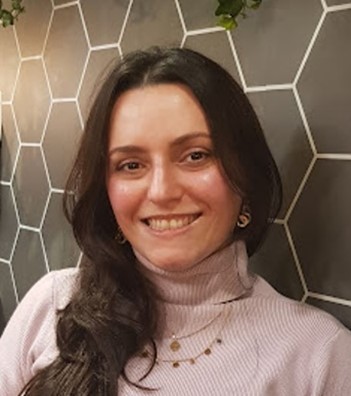

Isabela Basto is Civil Engineer and Master in Environment, Water, and Sewage from the Federal University of Bahia (Brazil). She is a Ph.D. student of the Faculty of Engineering of the University of Porto, with financial support from the FCT institution. She worked in studies related to Water Resources Management and Planning, Hydrological and Hydraulic Modeling. Her current research involves the development and improvement of methodologies for flood forecasting, applying Machine Learning techniques.
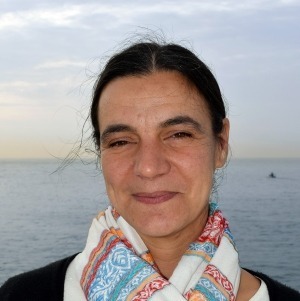

Joana Campos graduated in Aquatic Sciences at the University of Porto in 1997 and concluded her PhD in Biology at the Vrije Universiteit Amsterdam in 2009. She joined CIIMAR in 2003 in the research line of Global Changes and Ecosystems Services. Her research interests focus on latitudinal trends in the biology of estuarine epibenthos, specially crustaceans, relating those trends to environmental constraints. She has also embraced several science dissemination projects to promote Ocean literacy.
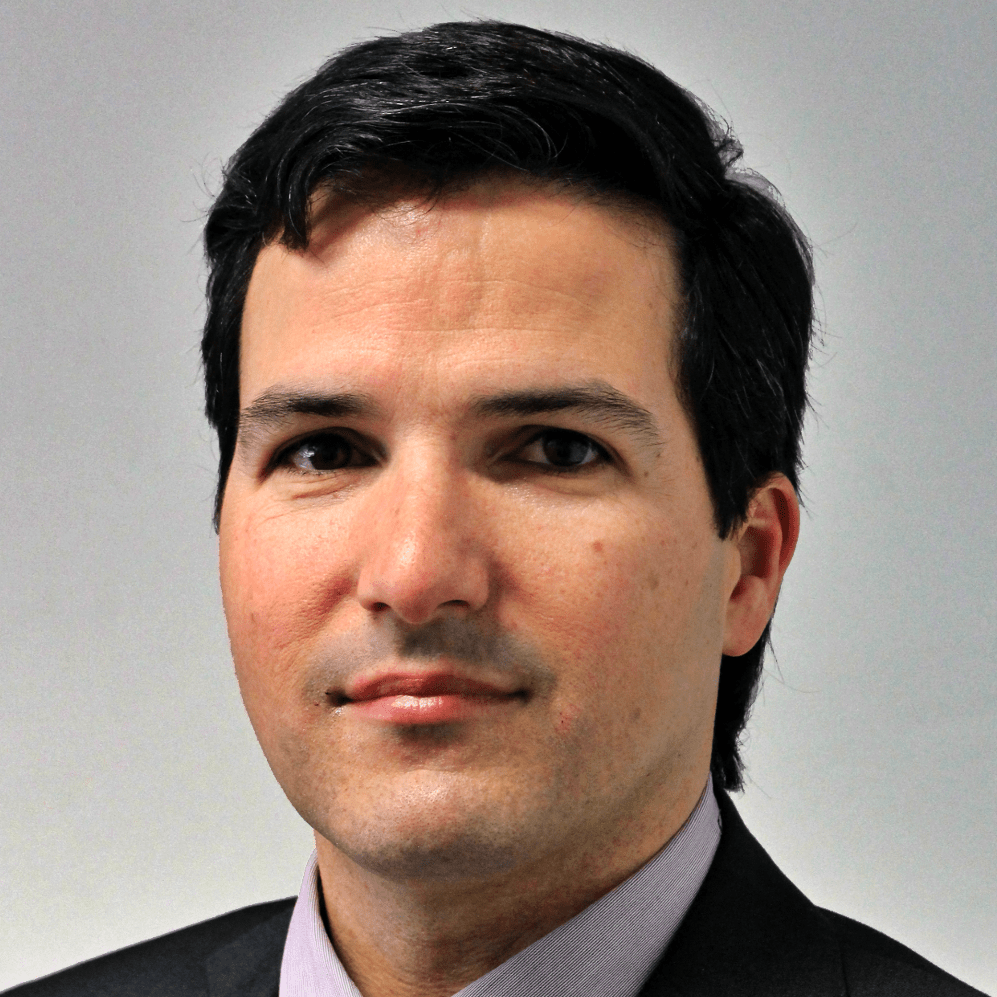

João Pedro Pêgo completed the PhD in Fluid Mechanics by the Technical Faculty of the Friedrich-Alexander-Universität Erlangen-Nürnberg, Germany, in 2007. Since 2009 he is an Assistant Professor at the University of Porto – Faculty of Engineering (FEUP). His research interests are focused on river hydraulics, sediment transport and water management. He is also active in pedagogical projects dealing with the teaching-learning process with application to engineering teaching. He published 18 articles in specialized magazines. He has published 1 book chapter and 1 book. He co-supervised 3 doctoral theses (3 completed) and is supervisor of two ongoing doctoral theses. He (co-)supervised 18 MSc theses He participated as researcher in 19 national and international projects and was PI in 4 projects.
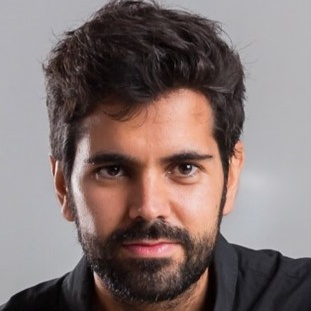

Jorge Cardoso Gonçalves holds a Ph.D. in Civil Engineering – Hydraulics, Water Resources, and Environment from the Faculty of Engineering at the University of Porto, where he also completed his Bachelor’s and Master’s degrees. He has received training in Management from Porto Business School and has attended Advanced Programs in Water Services Management (LNEC/LIS-Water) and Waste Management (FEFAL). As an author and co-author of various works in the field of Hydraulics, he serves as a designer, researcher, operational manager, and engineering consultant. He is a co-founder and partner of the company Water Services Consulting and Management, Lda, and he is also the President of the Portuguese Association of Water Resources (APRH).
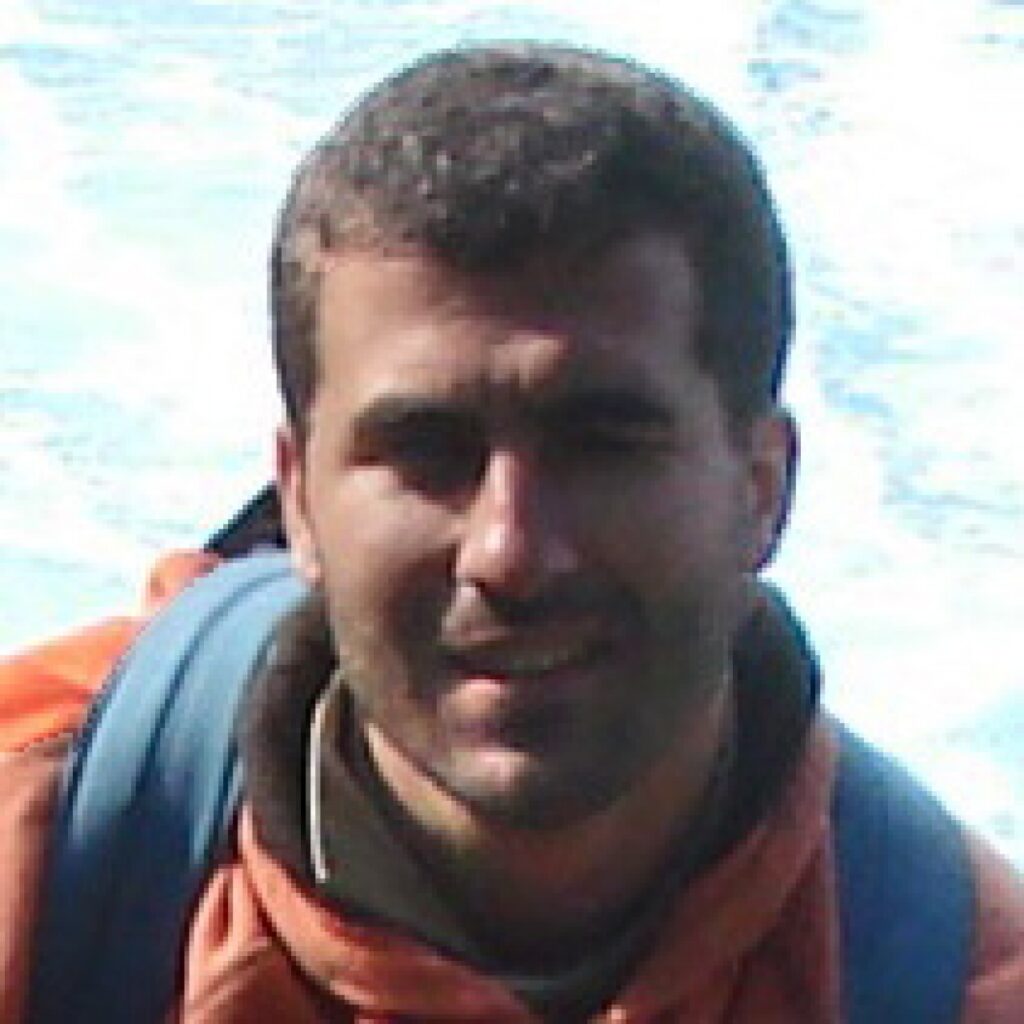

Dr. Jorge Magalhães graduated in Oceanography in 2005 from the University of Lisbon and completed his Ph.D. in internal waves in 2012 from the University of Porto. Main research interests include satellite imaging of sea surface processes, including internal waves, near-shore phenomena such as RIP currents, river plumes, and thermal fronts. Recent research includes developing software for satellite SAR and altimetry processing, global ocean modelling (e.g. HYCOM), as well as high resolution numerical modelling (e.g. using the MITgcm) for accurate representations of internal wave dynamics and their interactions with other processes.
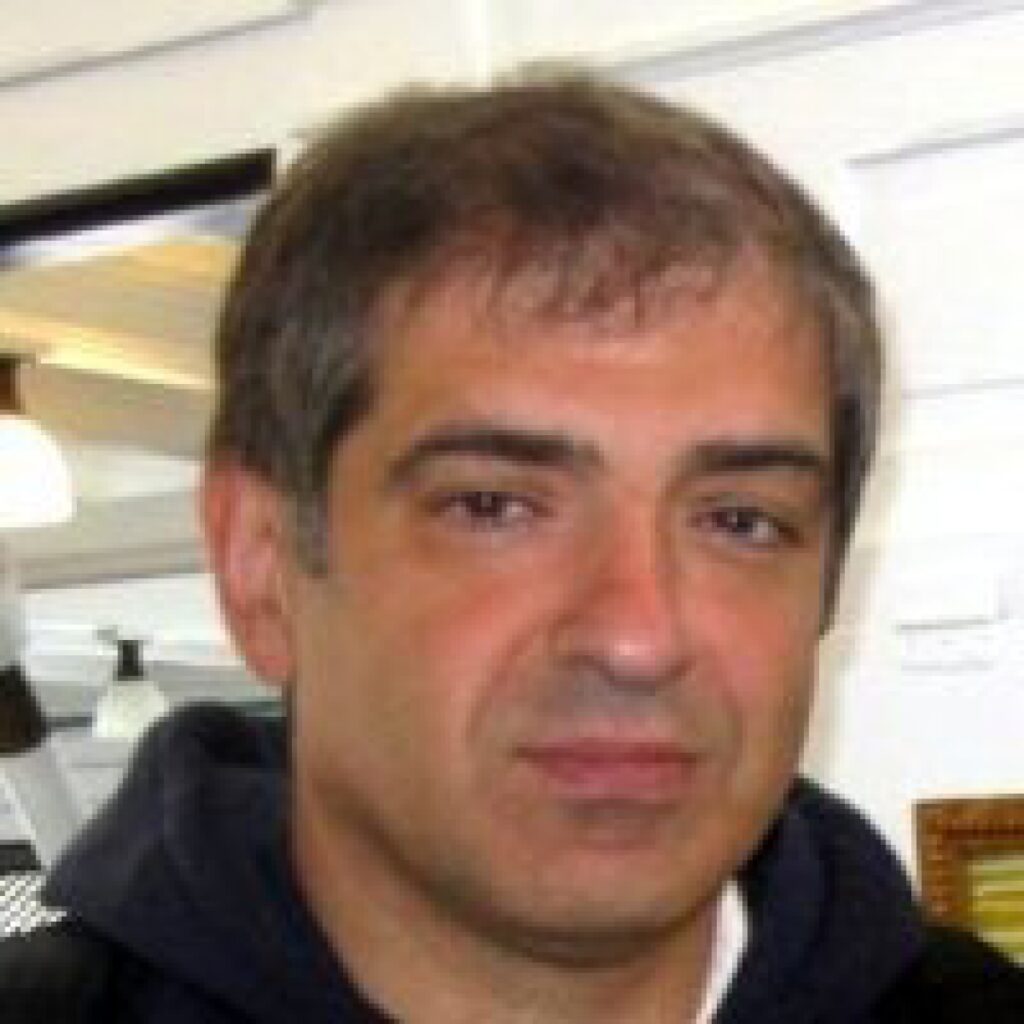

José A. Gonçalves holds a degree in Surveying Engineering from the University of Porto (UP), a master degree in Geographical Information Systems and a PhD in Photogrammetry, from University College London. He is currently assistant professor at UP, where he is the director of the master degree in Surveying Engineering, and teaches subjects in the fields of photogrammetry, GIS and map production. He is a collaborator of the ISPRS working group in Mobile Scanning and Imaging Systems for 3D Surveying and Mapping. As a member of CIIMAR his main research interests are in the application of photogrammetry and Remote Sensing for coastal monitoring.


José Carlos Tentúgal Valente holds a Ph.D. in Civil Engineering (1982) from the University of Porto, where he also completed his Bachelor’s degree in Civil Engineering (1974). He served as an Associate Professor at the Faculty of Engineering at the University of Porto (retired) and taught undergraduate and postgraduate courses in the fields of General Hydraulics and Urban Hydraulics. He authored of approximately a hundred technical-scientific publications in the field of Hydraulics and has been involved in several projects related to Sanitation and Hydraulic Works. Along his career, he’s accumulated over 30 years of experience as a manager in water companies.
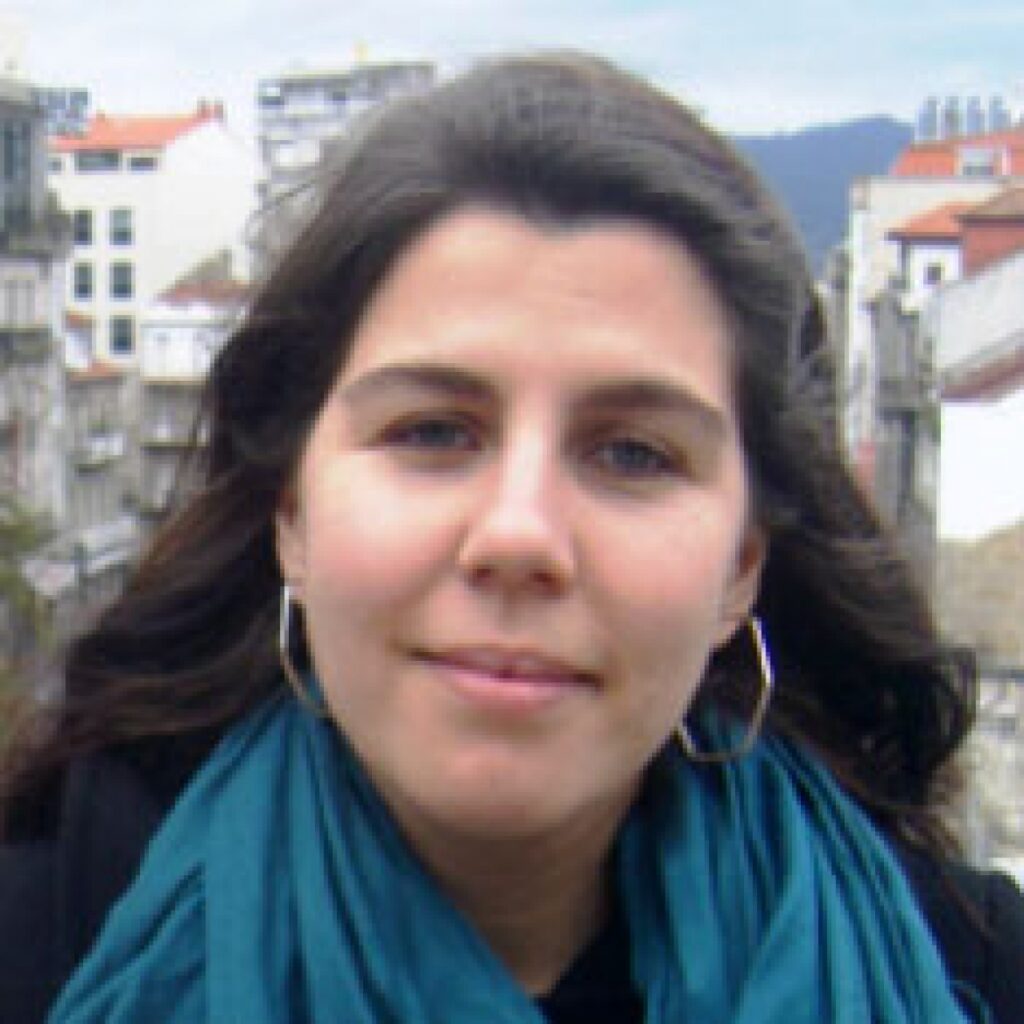

Juliana Mendes has a PhD in Civil Engineering, with specialization in Hydraulics, Water Resources and Environment, by the Faculty of Engineering of the University of Porto (FEUP). Since 2007 she is working at FEUP developing research related with hydrology, water resources management and optimization, warning and forecasting of extreme events (droughts and floods), river restoration and rehabilitation and hydrological and hydraulic modeling. She also worked on the construction of hydroelectric projects and she was an assistant professor of hydraulics at the School of Engineering of Polytechnic of Porto (ISEP).
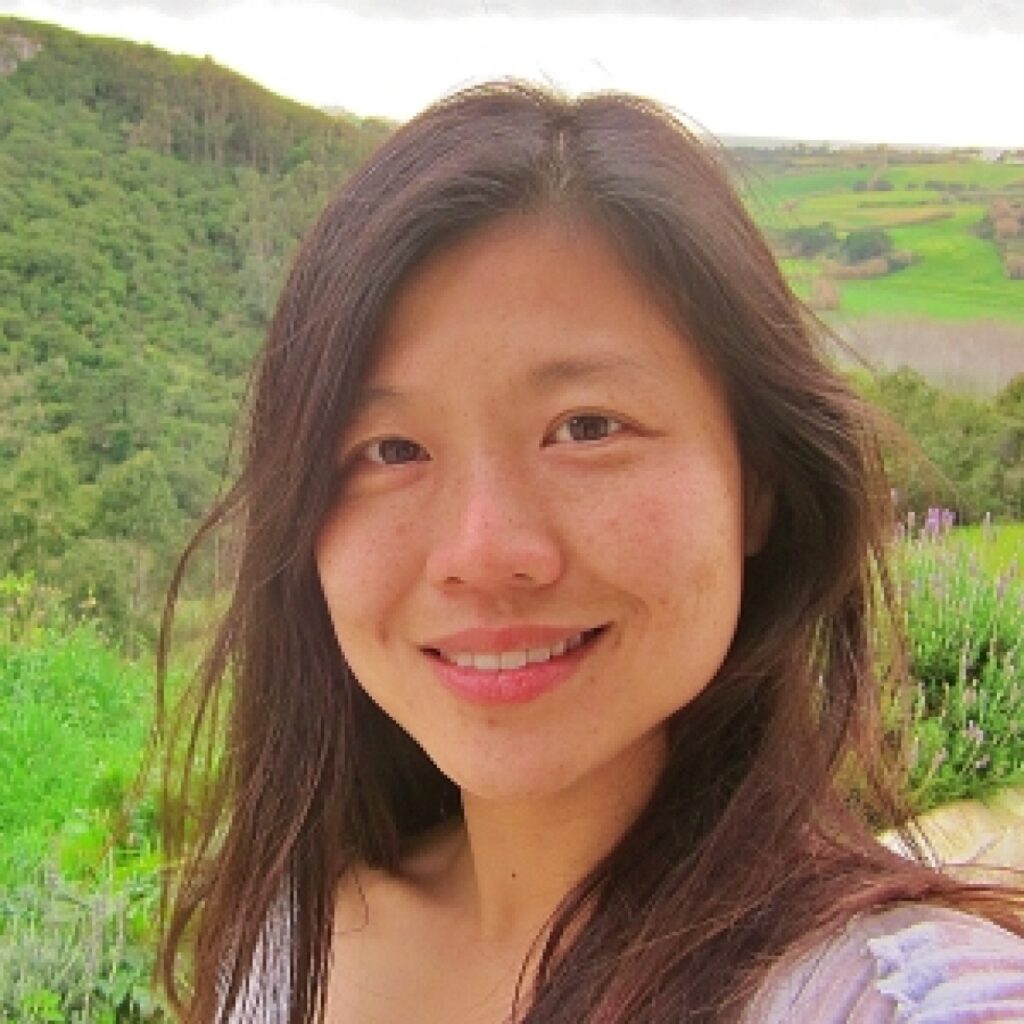

Kiat Ng is currently a FCT-funded postdoctoral research fellow in the Faculty of Engineering at University of Porto. She holds a Bachelor degree in Civil Engineering from McGill University (Canada), Master of Science in Environmental Engineering from Stanford University (USA) and PhD in Geography with emphasis on Spatial Planning from University of the Azores (Portugal). Her research interests revolve around climate change impacts, coastal vulnerability, social-ecological resilience, sustainable climate change adaptation measures, Geographic Information Systems (GIS), holistic approach and transdisciplinary research.
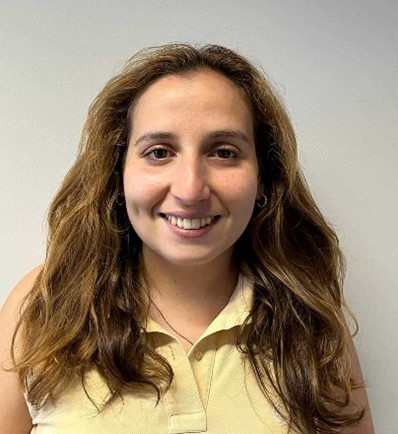

Master in Civil Engineering with a specialisation in Hydraulics, Water Resources and Environment from the Faculty of Engineering of the University of Porto, having started my activity in January 2023 at FEUP in a research project. My interests focus on hydrological modelling of extreme events, as well as the assessment of the impact of sediment production and transport in catchments.
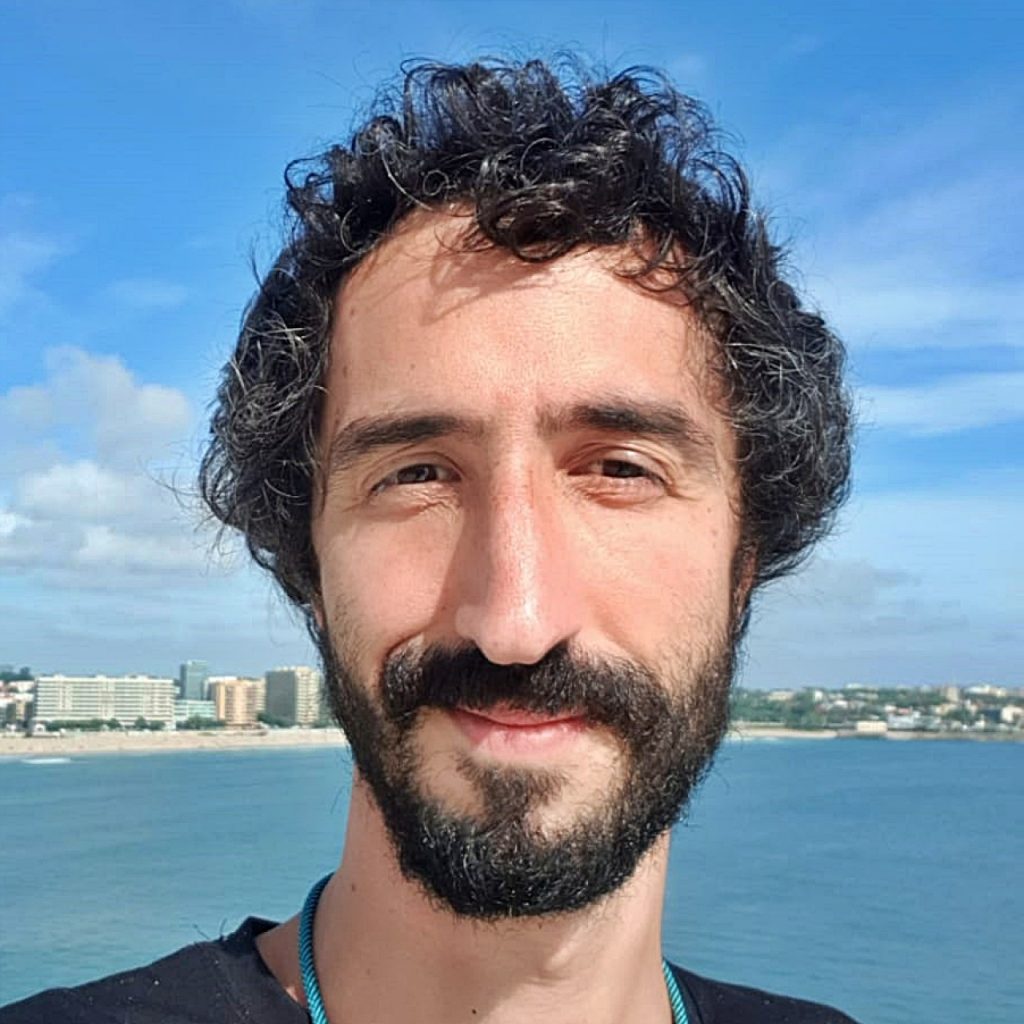

Manuel F. Meyer is an Environmental Engineer specialized in remote sensing and sustainable water management. He has experience in research projects and investigative internships in Brazil and Portugal. Currently, he is pursuing a master’s degree in Environmental Science and Technology at the University of Porto. His main interests include the use of multispectral imagery for assessing vegetation cover and biomass, nature-based solutions, and wastewater treatment systems. In his master’s thesis, he compares the capability of different sensing equipment to estimate the biomass of C.edulis in the Cávado River estuary.
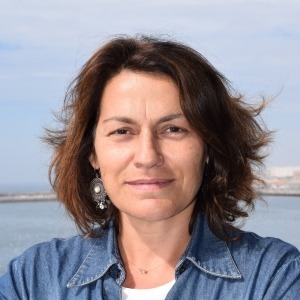

Clara Lázaro is an assistant professor at Faculty of Sciences, University of Porto (FCUP). She holds a PhD in Surveying Engineering from FCUP. She has expert-level knowledge on Satellite Altimetry applied to Oceanography. Currently, her research focuses on studying the sea level variation using Satellite Altimetry and on the development of methodologies for the computation of an improved wet troposphere correction for Coastal Altimetry. Clara has been involved in many national and international research projects. She was nominated in 2014 as a Management Committee Member from Portugal, for the e-Cost Action entitled “Evaluation of Ocean Syntheses” (EOS).
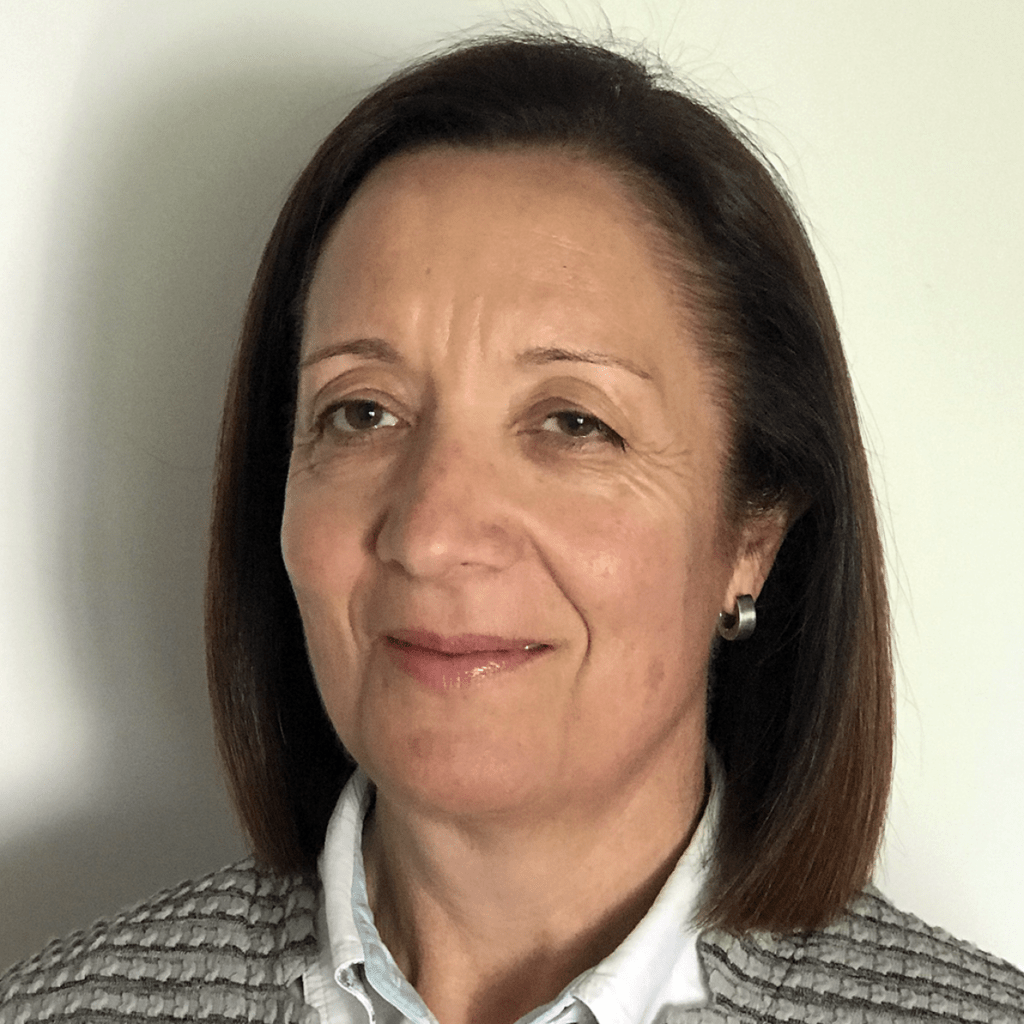

Joana Fernandes holds a PhD in Remote Sensing by UCL, University of London, UK. She is an Assistant Professor at the University of Porto, Faculty of Sciences (FCUP), where she has been teaching courses on fields such as Remote Sensing, Geodesy and Hydrographic Surveying. Director of the PhD in Surveying Engineering of FCUP from 2012-2017. Her research is mainly in the field of Satellite Altimetry with focus on coastal altimetry and altimetry over inland waters, range and geophysical corrections, in particular the wet tropospheric correction. Leader of the Portuguese team in several research projects, mostly funded by ESA, such as, COASTALT, CP4O, Sea Level CCI, SCOOP and SHAPE.
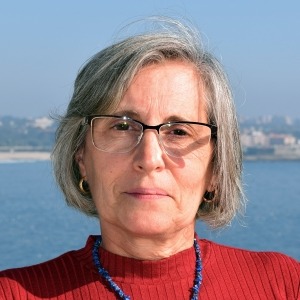

Luísa Bastos is Principal Researcher at the Faculty of Sciences of the University of Porto. She holds a PhD in Surveying Engineering from the University of Porto. Her research is focused on GNSS based technologies, including the development of low-cost GNSS/MEMS systems, with applications to airborne gravimetry, mobile mapping and coastal and ocean dynamics. She has been involved in the establishment of the RAIA oceanic observatory and is presently interested in the development of multi-sensor marine technologies for sea-level, currents and wave height monitoring.
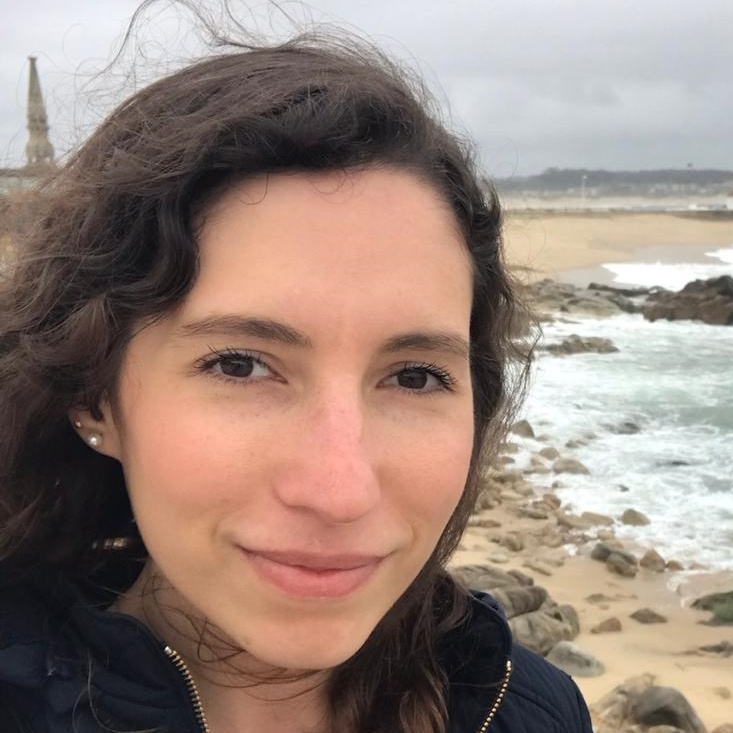

Mariana Cruz is an Environmental Engineer and holds a Master’s degree in Environmental Sciences and Technologies from the University of Minho. She worked as an Environmental Technician in the Porto Metropolitan Area, but is currently licensed to pursue her Ph.D. at the University of Porto, funded by FCT. Her research project involves building a numerical hydrodynamic model to simulate the implementation of nature-based solutions aimed at improving water quality in the Douro River estuary. Other areas of interest include renewable energies, climate change, and its effects on water resources.
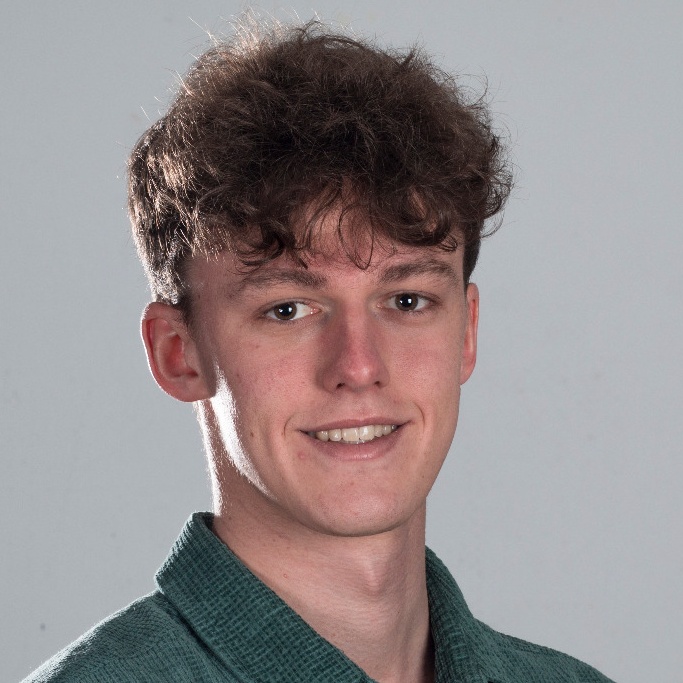

After two years of engineering school at IMT Atlantique (France), I decided to take a gap year to have a professional experience and to learn new methods and skills in oceanography. I am currently at CIIMAR for 12 months to work with Jorge Magalhaes on Internal Waves. Our main objective is to study the impact of wind and internal waves on the mixing of the water column. At the end of my contract, I’ll be finishing my Master in physical oceanography at LOPS (France).
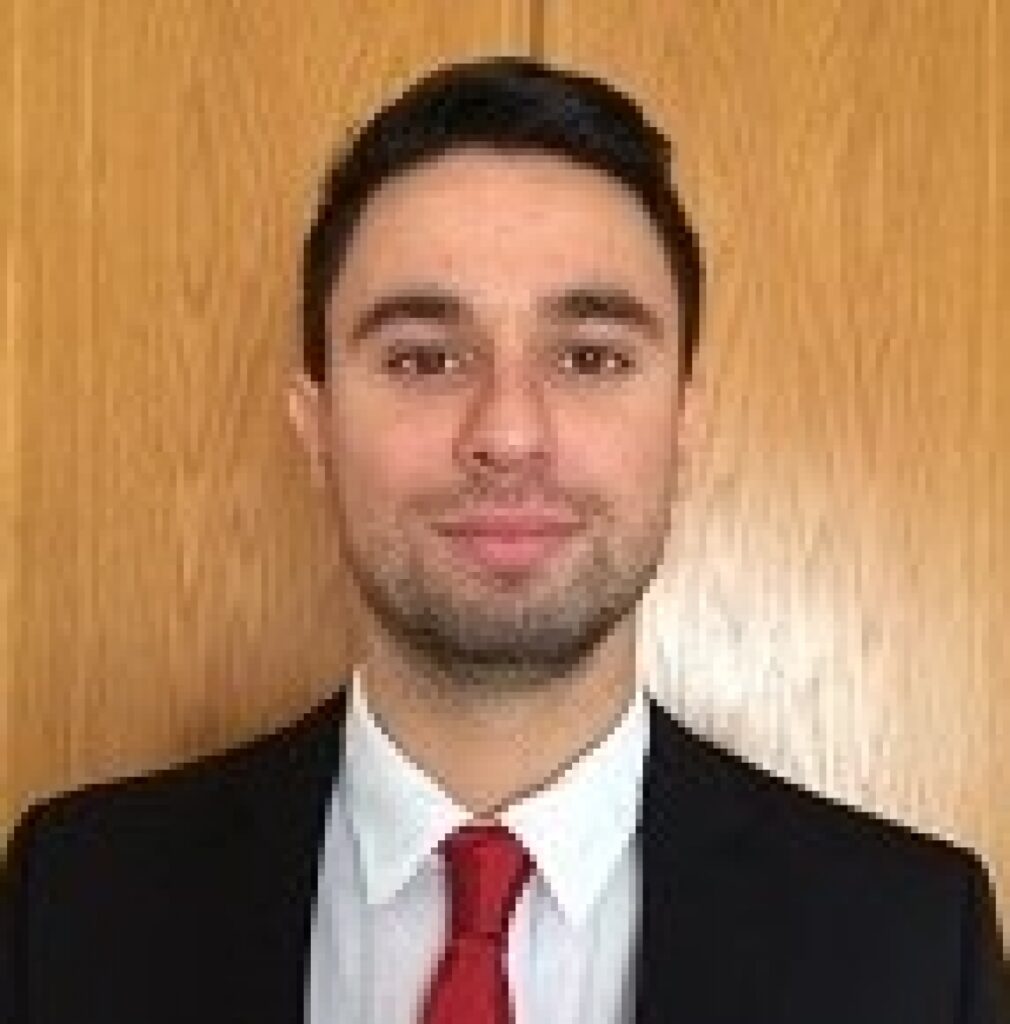

Miguel Costa is an Environmental Engineer, having completed his MSc degree in 2017 at FEUP. Since that year, he is working as a researcher at FEUP in the areas of water resources management (especially in extreme situations of drought and scarcity and in Iberian transboundary river basins), hydrology, hydrological modeling and river rehabilitation. He is currently also a PhD student in Environmental Engineering at FEUP. Other areas of interest, in addition to those already mentioned, include: effects of climate change on water resources; nature-based solutions; fish passage devices. He also did two internships at EDP Produção.
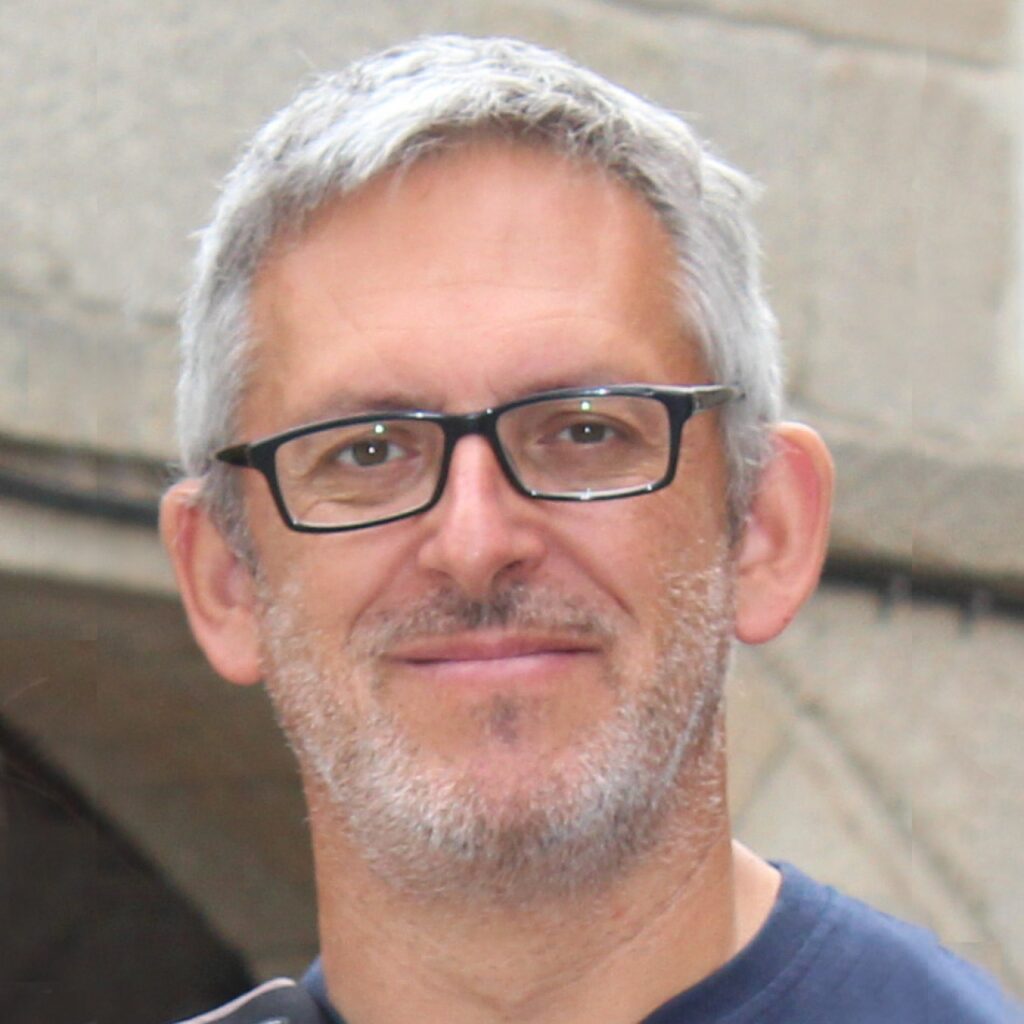

Paulo Avilez-Valente holds a PhD from the University of Coimbra (Civil Engineering, 2000). He graduated from the University of Porto (License in Civil Engineering, 1987) and from the University of Wales, Swansea (Computational Mechanics, 1990). He is an Assistant Professor at the Faculty of Engineering of the University of Porto. His main interests are Computational Hydraulics, Coastal Engineering and Geophysical Fluid Dynamics. He is currently working in numerical modelling of wave generation-propagation, extreme events, and coastal and estuarine circulation.
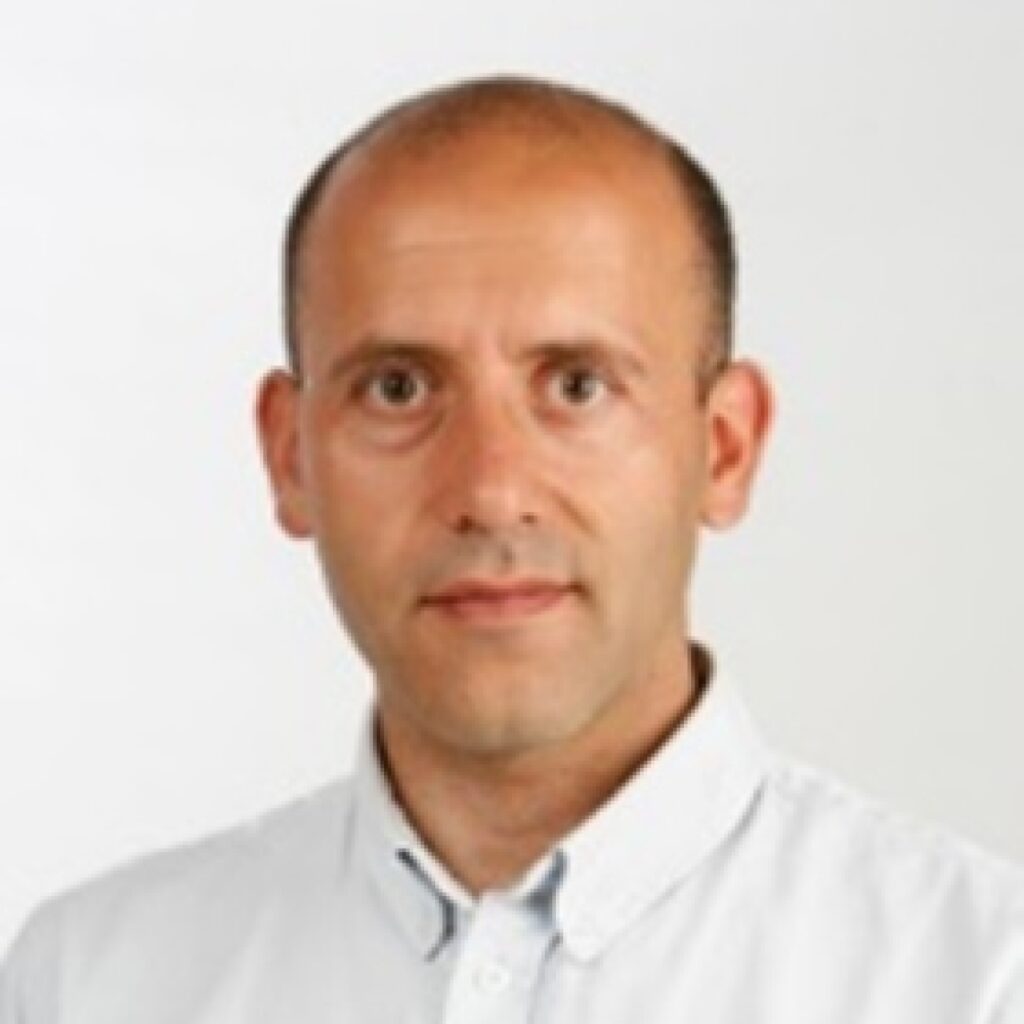

Specialist in Rehabilitation of Rivers and streams, consultant, designer and researcher of the Faculty of Engineering of the University of Porto (FEUP). PhD in Environmental Engineering at FEUP with the thesis "Environmental assessment, impact mitigation measures and a general methodology for the rehabilitation of rivers and streams in built-up spaces: a participatory approach”.
Founder and Executive Director of “E. Rio Unip Lda”. Coordinates teams for elaboration and monitoring of projects characterization, intervention of cleaning, conservation and valorisation and implementation of public participation process. Consultant of the Portuguese Environmental Agency (APA) by ARH Norte in the supervision and monitoring of the interventions in the hydraulic, ecological and public participation components.
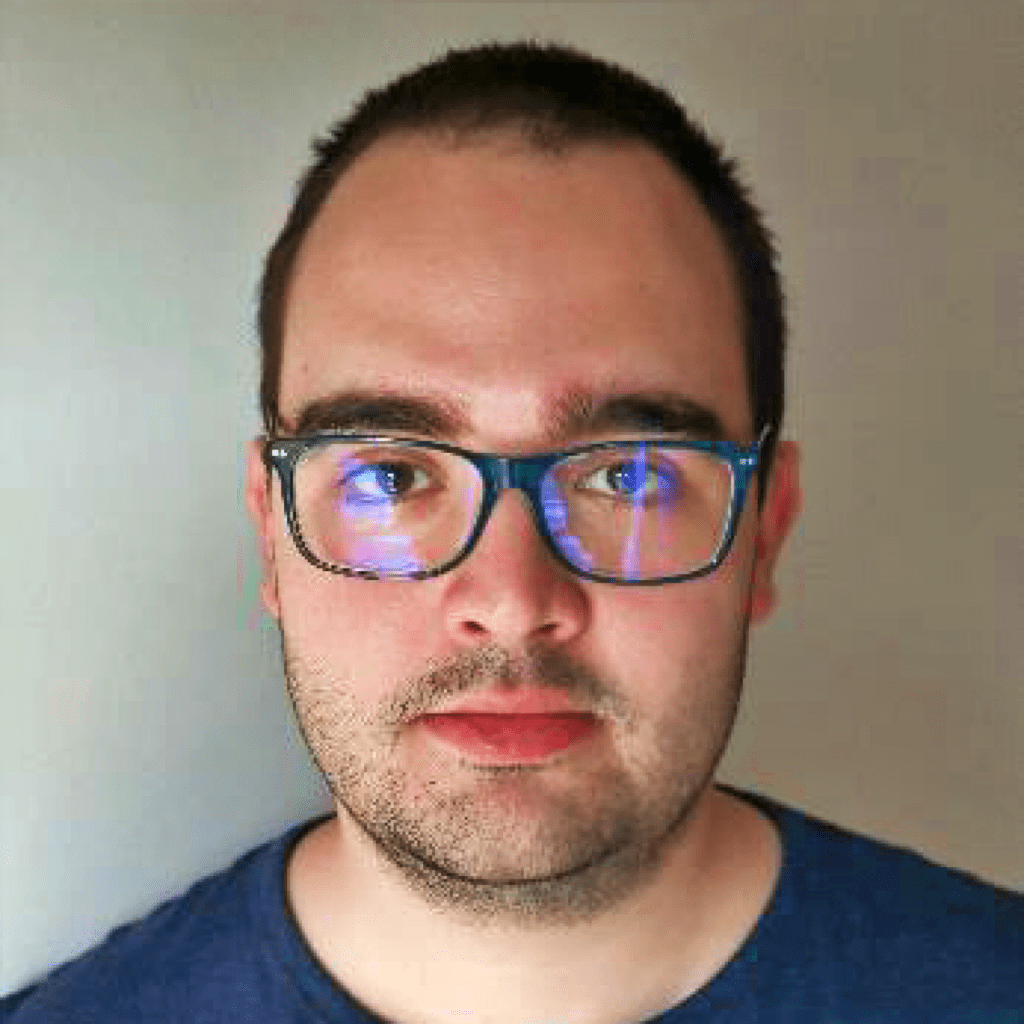

I obtained a First Degree in Engineering Sciences – Surveying Engineering, and a Master’s Degree in Surveying Engineering, both at Faculty of Sciences of the University of Porto. Currently I am enrolled in the Doctorate Degree in Surveying Engineering at the same institution. My research topic consists of the development of algorithms for the retrieval of the wet tropospheric correction in satellite altimetry observations in homogeneous and transition surfaces. With this purpose, I am interested in the exploration and combination of several data sources, namely satellite radar altimetry observations, Global Navigation Satellite Systems (GNSS) measurements and atmospheric models.
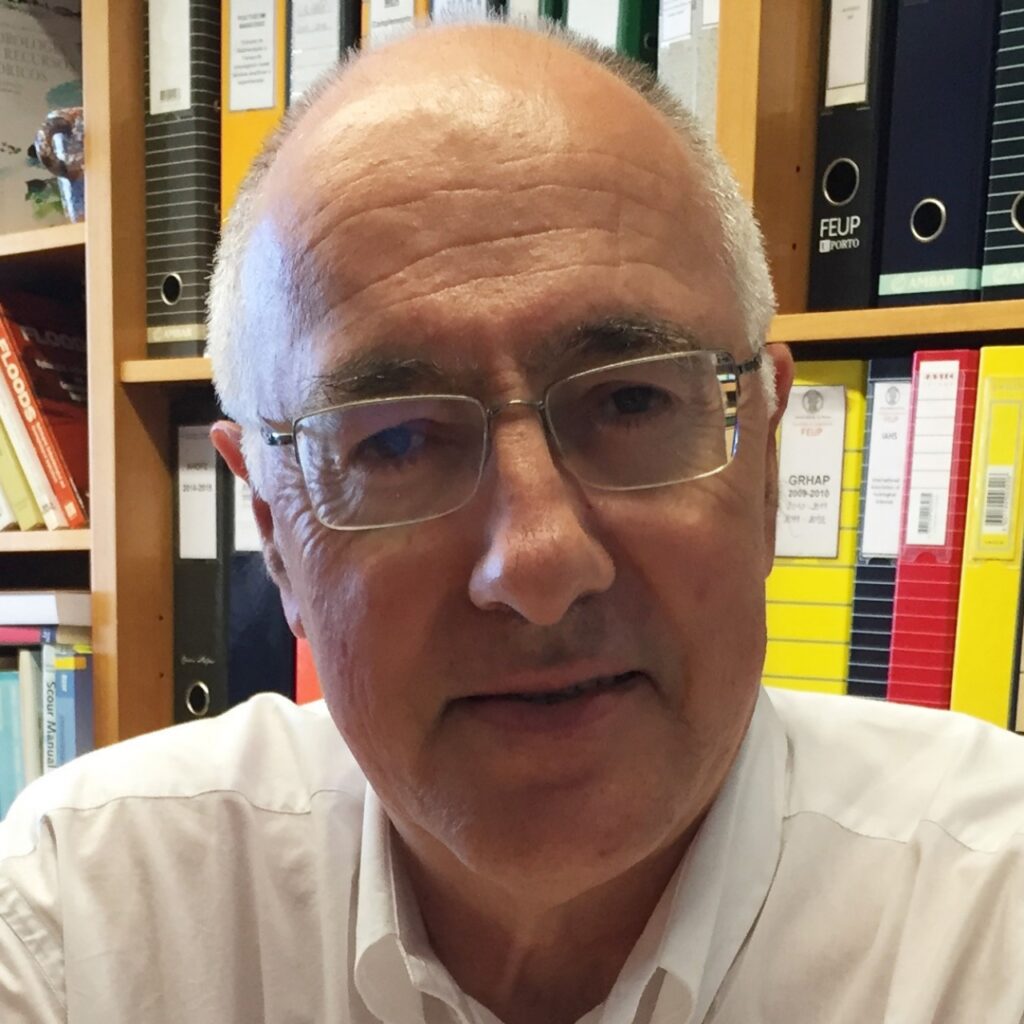

Rodrigo Maia has a PhD in Civil Engineering by the Faculty of Engineering of the University of Porto (FEUP). He is an Associate Professor at FEUP and the Vice-President of EWRA (European Water Resources Association). He is a Research Project coordinator on: hydrology, extreme events, water resources management, fluid mechanics and fluvial rehabilitation. He is involved in research on international rivers basins, namely of the Iberian Peninsula. He is also a Research Group coordinator in several national and international projects and was involved in the creation of a Drought Early Warning Management System for the Portuguese National Water Authority.
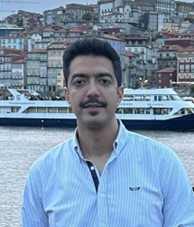

Sayedreza Jafarzadeh is a Ph.D. student in Civil Engineering at the Faculty of Engineering (FEUP), University of Porto, Portugal, since 2020. His professional background includes computational fluid dynamics, mainly in the fluvial area (flow and sediment transport modeling). Currently, Sayedreza’s primary research focus is the Study of sediment transport in the Douro River and sedimentation in the Douro reservoirs and its possible impact on the reduction of the solid load in the coastal sediment drift.
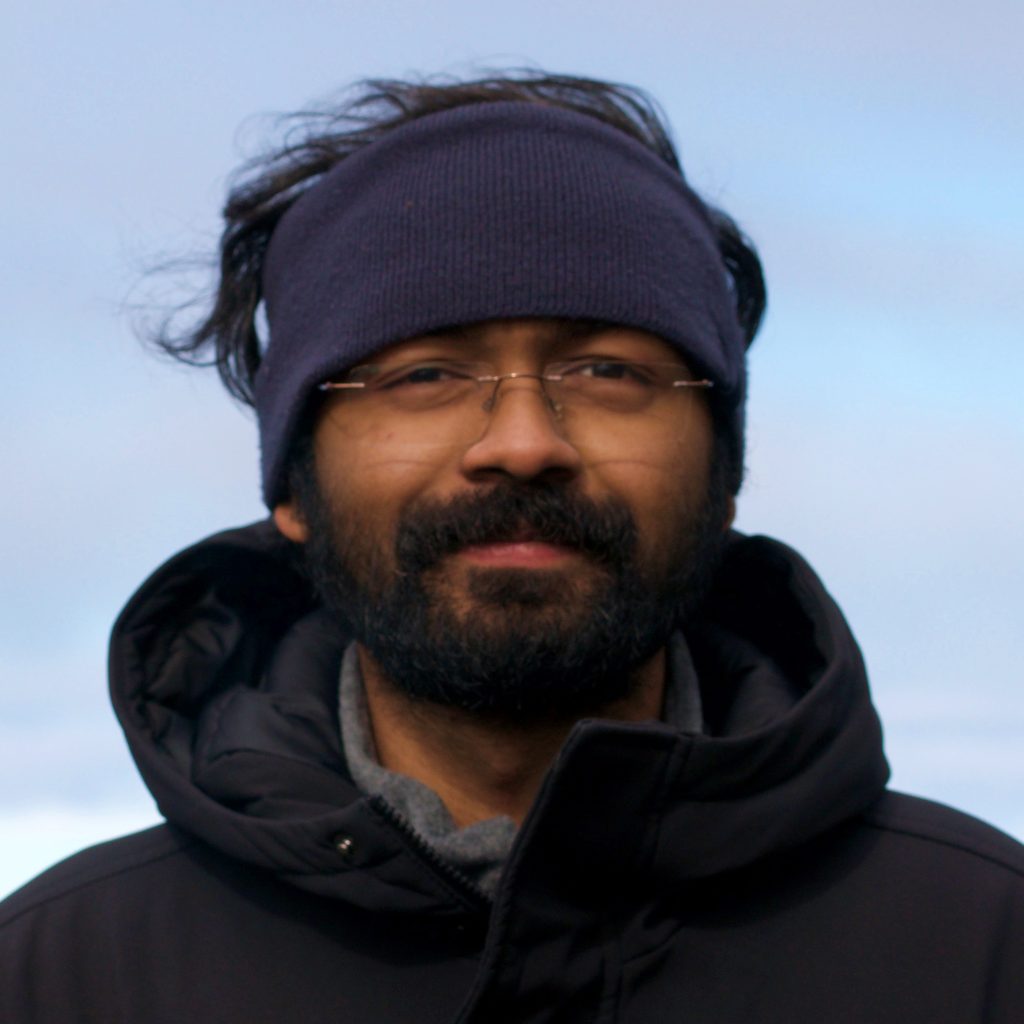

Sharath Chandra Thota is a first-year PhD student at CIIMAR, holding a Master’s in Biology of Extreme Environments from Italy and a Master’s in Biotechnology from India. Passionate about extreme environments and their microbes, his research is supervised by Irina Gorodetskaya and Catarina Megalhaes, funded by an AIR Center grant. He explores atmospheric rivers’ role in extreme temperatures and precipitation and their potential effect on microbial biodiversity on the Antarctic Peninsula. Experienced with fungi, bacteria, viruses, haptophytes, and diatoms, he also evaluated SARS-CoV-2 in the air during COVID-19. His past research includes studies on transgenerational epigenetic inheritance and Svalbard permafrost microbial diversity.
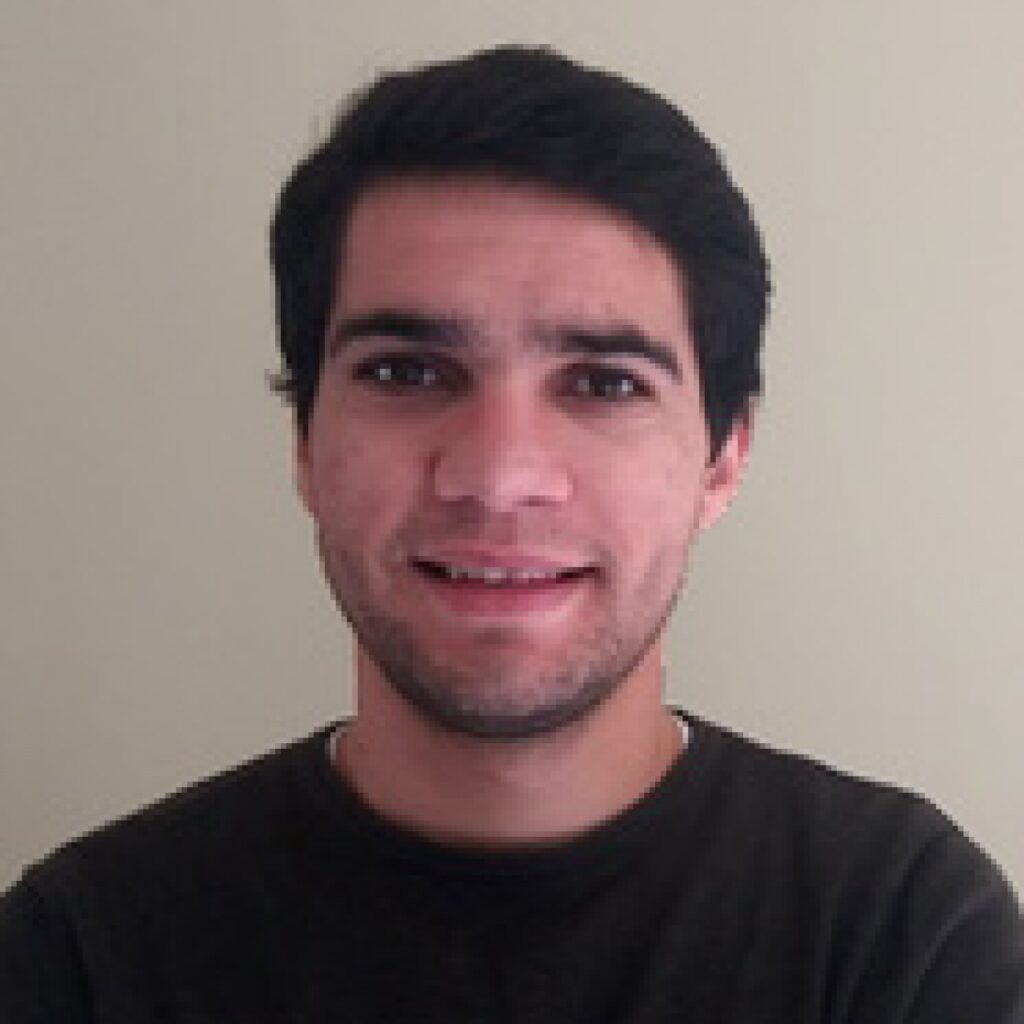

My educational background includes a First Degree in Engineering Sciences-Surveying Engineering and a Master Degree in Surveying Engineering, both at Faculdade de Ciências da Universidade do Porto. At the same institution, I am currently doing my Doctoral Degree in the same field of study, in the topic of tropospheric corrections for altimetry studies over coastal and inland water regions. In the scope of my current research work, several data sources have been used and combined, namely satellite radar altimetry, Global Navigation Satellite Systems (GNSS) and atmospheric models, in order to better modeling the effect of troposphere in the altimetric signals.
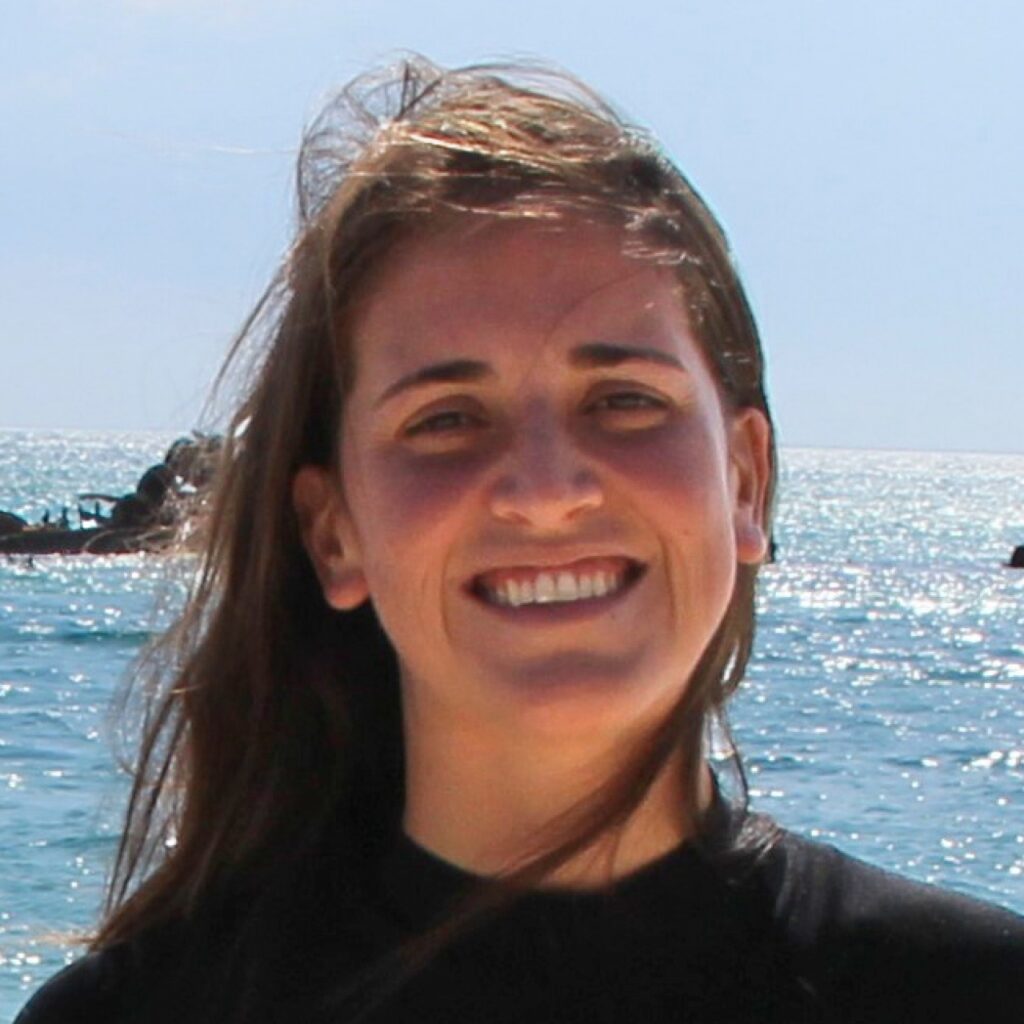

Vanessa holds a MSc degree in environmental engineering. She is currently finishing her PhD in environmental engineering at FEUP, which has been developed in close collaboration with the EDP-Produção. Throughout her career, she worked on as researcher in several national/international projects, related with the effects of extreme events and climate change in water resources management and freshwater ecosystems. Currently, her main research interests focus on: i) integrated hydrological modelling, ii) environmental flows effects on the ecological condition of surface water bodies, and, iii) extreme events and climate change effects on water resources management.
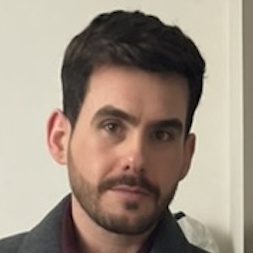

I got my BhS. degree in Meteorology in the University of Havana, 2017 My thesis consisted in making a climatology of storms in Cuba. After this, I worked as a Weather Forecaster and radio announcer until 2020 at the Institute of Meteorology of Cuba. I started my PhD in Oceanography in mid 2022 in the University of Concepcion, and I have been researching the effect of atmospheric rivers in the oceanic coastal variability off Central and southern Chile. My study belongs to the COPAS Coastal project of the Department of Oceanography at Univ. Concepcion. I have participated in important congresses, workshops and courses, IARC Santiago 2022 was one of the cases.
Bastos, L., Buist, P., Cefalo, R., Goncalves, J. A., Ivan, A., Magalhaes, A., Pandele, A., et al.
2022Remote Sensing, 14(14), 3414Bio, A., Gonçalves, J.A., Magalhães, A., Pinheiro, J., Bastos, L.
2022Estuaries and Coasts, 45 (4), pp. 1000-1011Fernandes, M. J., Lázaro, C., & Vieira, T.
2021Remote Sensing of Environment, 252, 112149Magalhaes, J.M., Silva, J.C.B., Nolasco, R., Dubert, J., Oliveira, P.B.
2022Continental Shelf Research, 246, 104812Shields, C. A., Wille, J. D., Marquardt Collow, A. B., Maclennan, M., Gorodetskaya, I. V.
2022Geophysical Research Letters, 49(1628)Maia, R., Costa, M., Mendes, J.
2022Water; 14(3):425Iglesias, I., Pinho, J.L., Avilez-Valente, P., Melo, W., Bio, A., Gomes, A., Vieira, J.M., Bastos, L., Veloso-Gomes, F.
2022Frontiers in Marine Science, 9, 812255Website by: Glitz Design